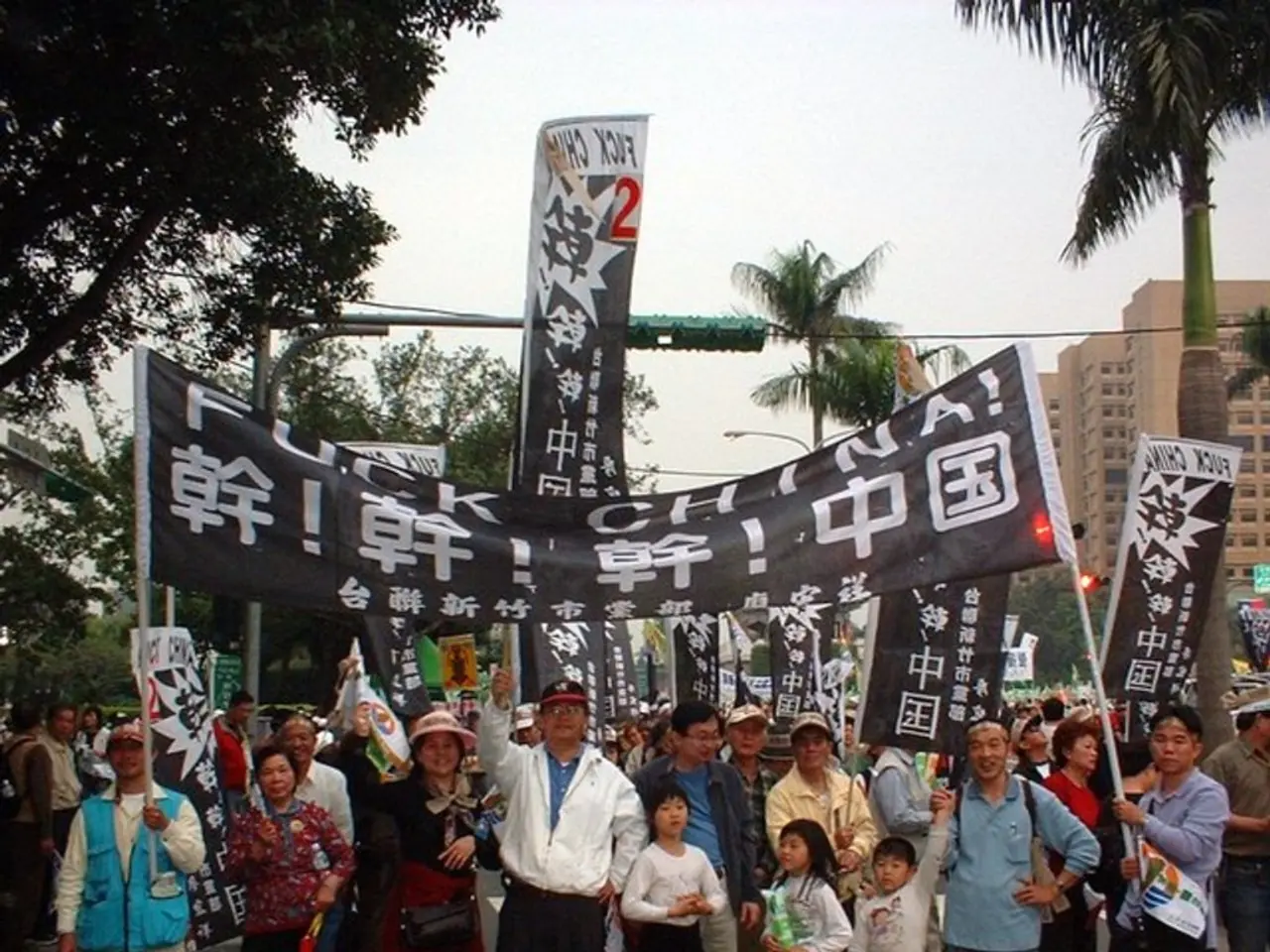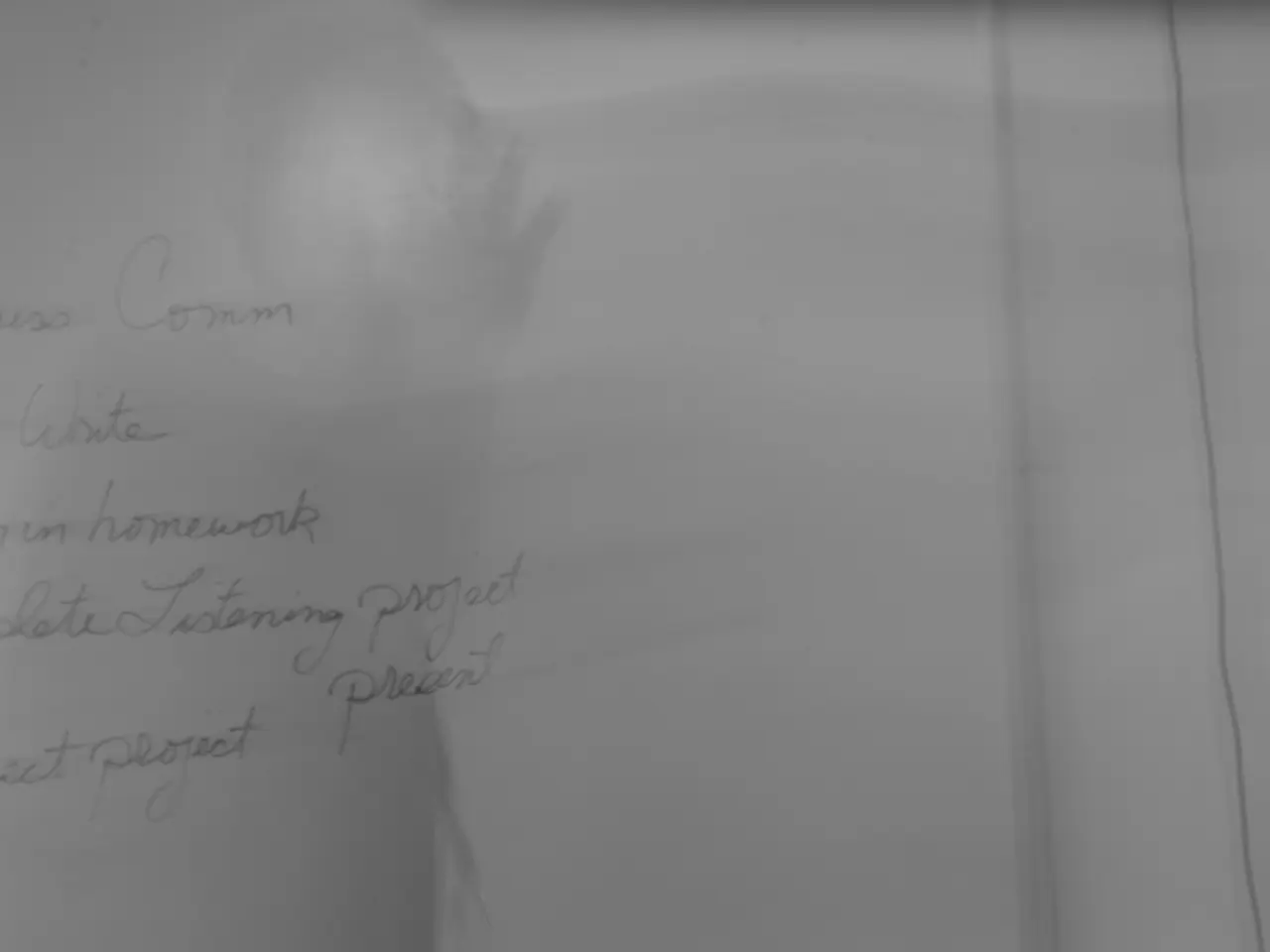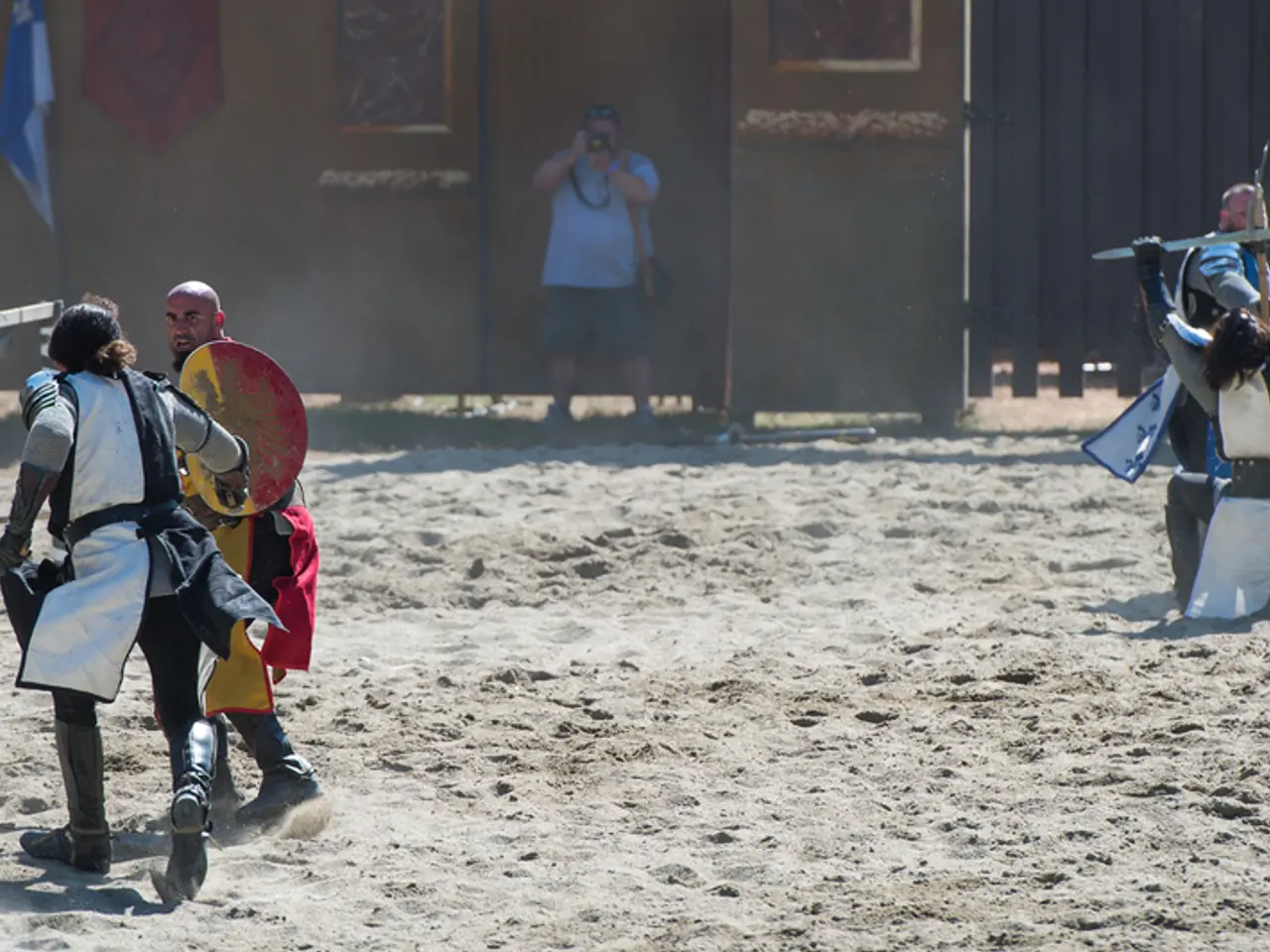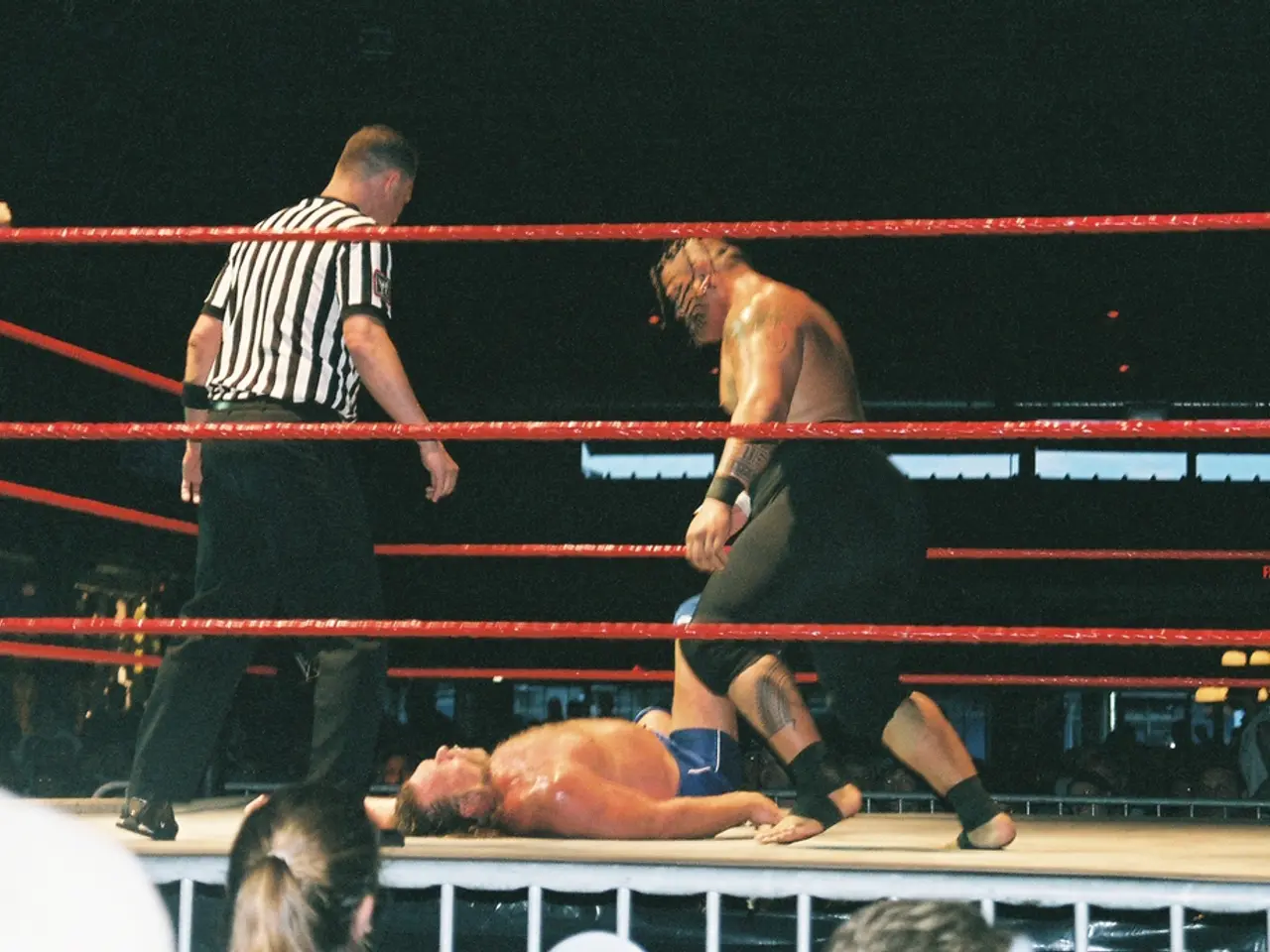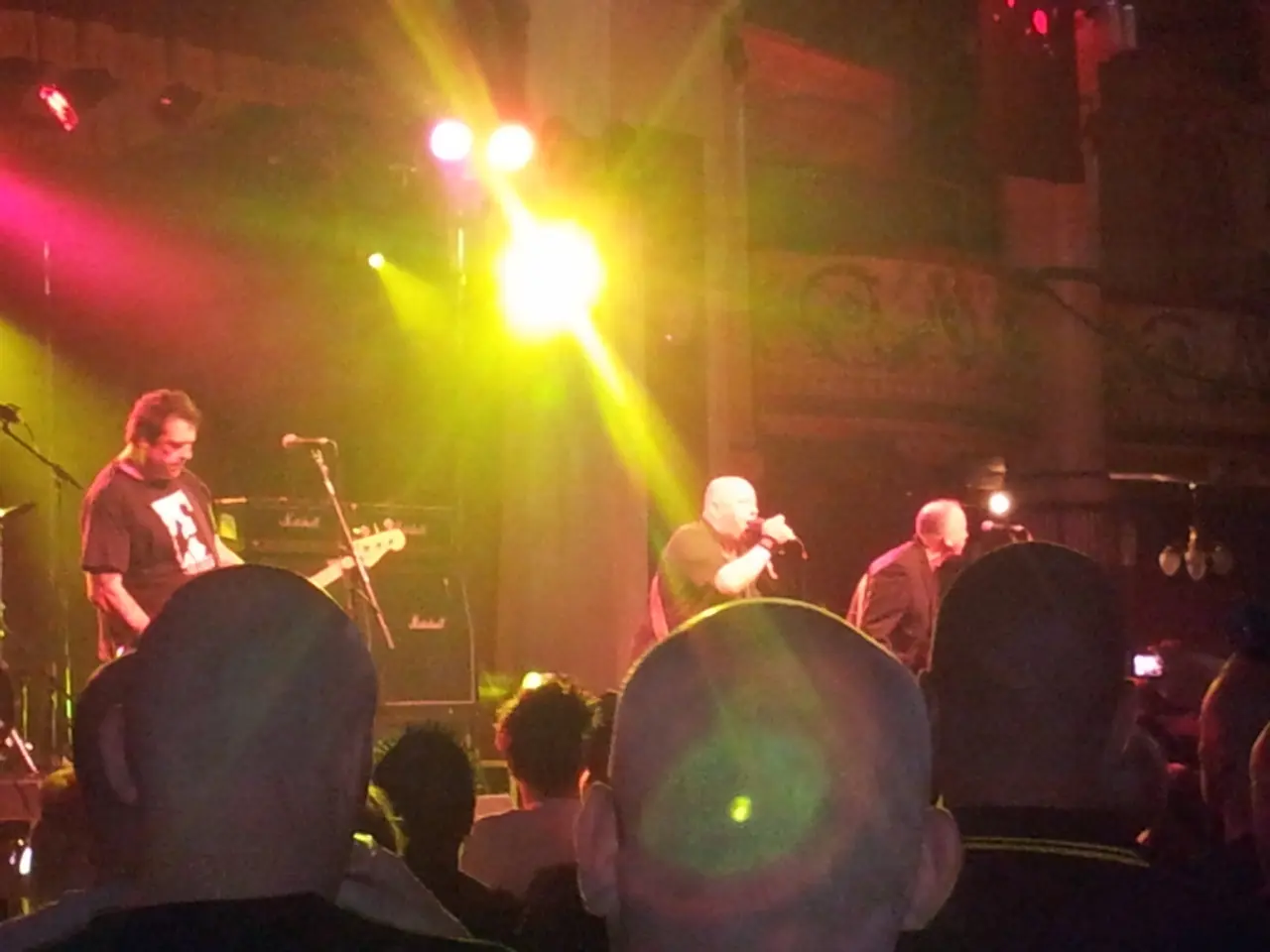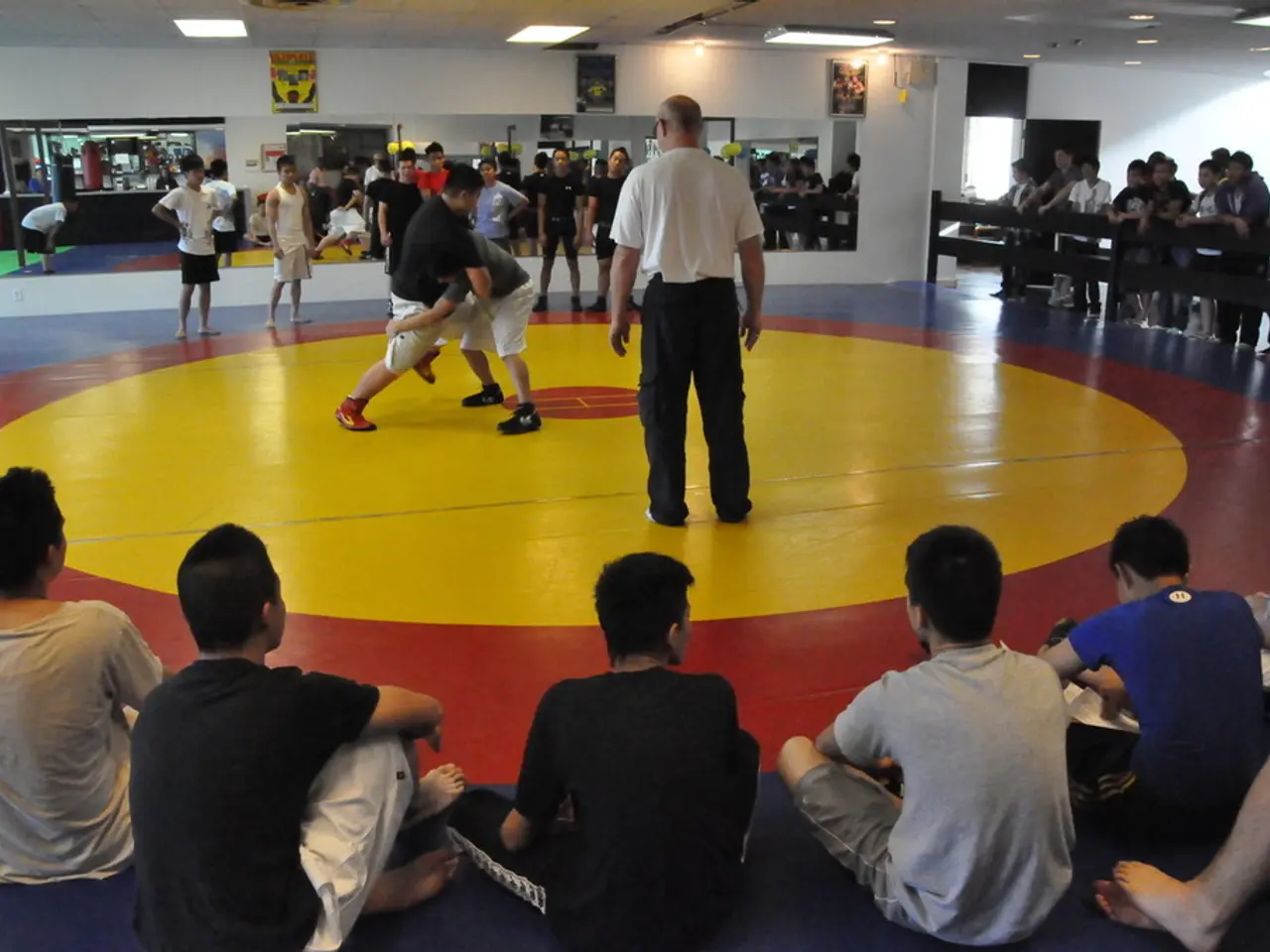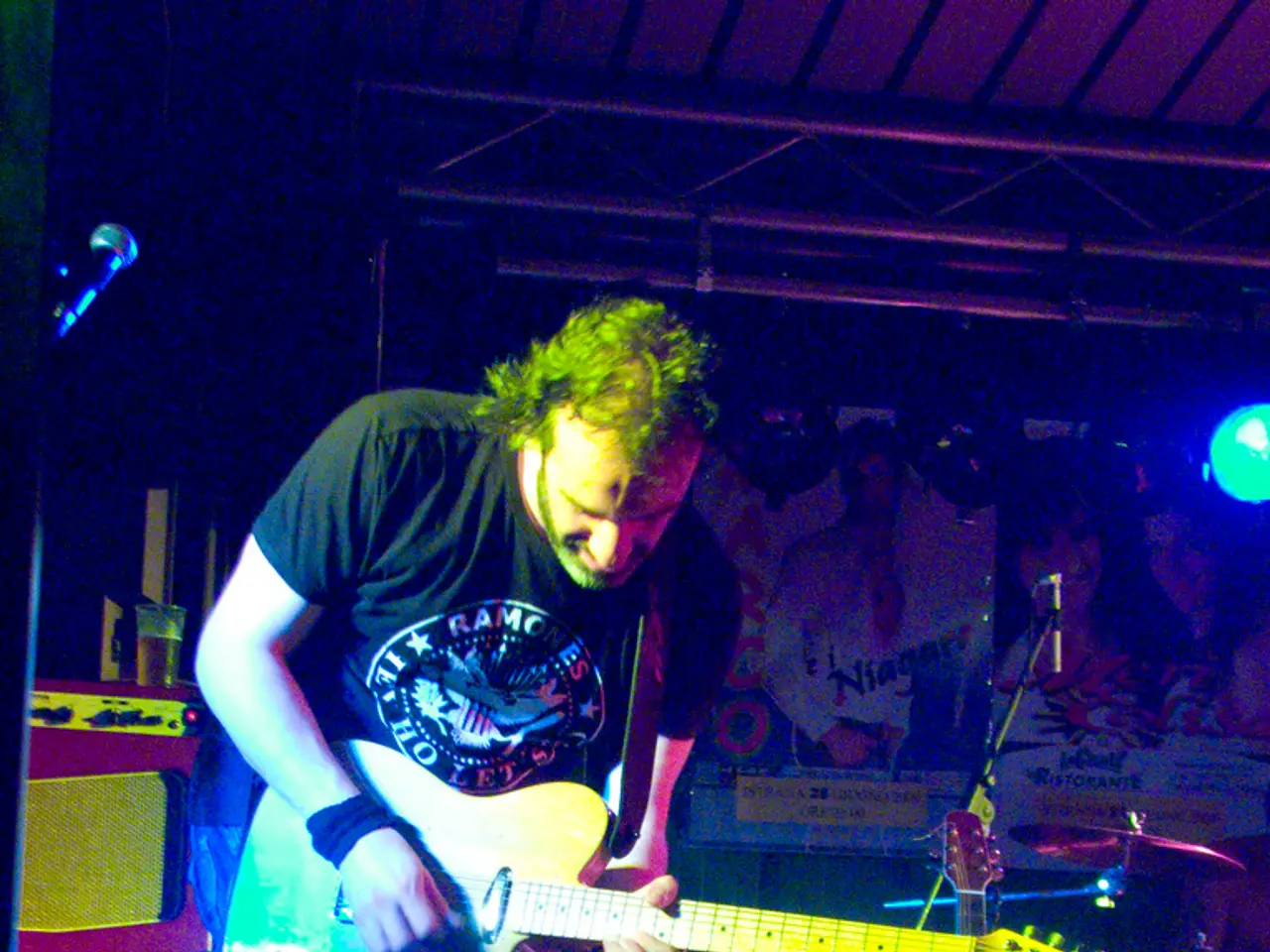Steadfast Defense of Mariupol: A Detailed Account
=====================================================================
In a recent episode of the Urban Warfare Project Podcast, Sergeant Arseniy Fedosiuk shared his experiences of defending the complex urban terrain of Mariupol against a superior attacking force. Mariupol, an important port city in Ukraine, became the focus of Russian aggression in February 2022.
The urban environment of Mariupol posed severe difficulties due to near-total destruction from prolonged shelling and bombardment. Residential areas were transformed into ruins, eliminating many fortified positions and creating a chaotic battlefield. The densely populated nature of Mariupol exacerbated humanitarian challenges, with food, water, and electricity running low, making sustainment of both defenders and the civilian population extremely difficult.
Defenders like Sergeant Fedosiuk faced the tactical challenge of fighting in a dense, destroyed urban setting. Traditional front lines blurred, requiring intense close-quarters combat, use of ruins for cover, and dealing with constant threats of artillery and air strikes. Maneuvering forces in such terrain is difficult, as damaged infrastructure limits transportation and movement, and attackers often have numerical superiority with better equipment.
The presence of civilians under siege conditions added a moral and operational burden. Defenders tried to protect noncombatants while under relentless attack. Evacuation corridors were frequently targeted, and humanitarian aid was often blocked by ongoing fighting, further complicating defensive efforts.
Within a week, Mariupol was surrounded, isolating the Ukrainian defenders. Despite being outnumbered, Ukrainian forces held out for three months in Mariupol, making a significant impact on the course of the war. Mariupol was vital to Russian plans to establish a land bridge connecting Russia with Crimea.
Sergeant Fedosiuk was held as a prisoner by Russia for seven months after the end of the battle. The interview with Sergeant Arseniy Fedosiuk about his experience in Mariupol can be found on various podcast platforms, including Apple Podcasts, Stitcher, Spotify, TuneIn, and others.
The podcast discussion emphasizes that defending complex urban terrain against a superior force involves coping with extreme infrastructure destruction, logistics shortages, urban combat’s chaotic nature, civilian protection amid siege conditions, and the psychological toll on defenders facing relentless assaults in a devastated cityscape.
If you're enjoying the Urban Warfare Project Podcast, consider leaving a review or giving it a rating. The podcast can be shared on Facebook, Twitter, LinkedIn, via email, or printed. The image used in this article is credited to armyinform.com.ua and is available on Wikimedia Commons. The interview with Sergeant Arseniy Fedosiuk was sourced from armyinform.com.ua.
To listen to the podcast episode, subscribe to the Urban Warfare Project Podcast. The discussion about the unique challenges of urban warfare in Mariupol is available on the Urban Warfare Project Podcast. The podcast can be accessed through various podcast apps.
War-and-conflicts often involve politics, as the urban warfare in Mariupol can attest, as it became a focus of Russian aggression in February 2022. Furthermore, news outlets reporting on military events like the urban warfare in Mariupol should not overlook the significance of urban warfare tactics and its impact on general-news. For example, urban warfare in Mariupol showcased the strategies employed in urban warfare, such as fighting in a dense, destroyed urban setting and protecting civilians amid siege conditions, which have wider implications for future warfare and humanitarian efforts.

